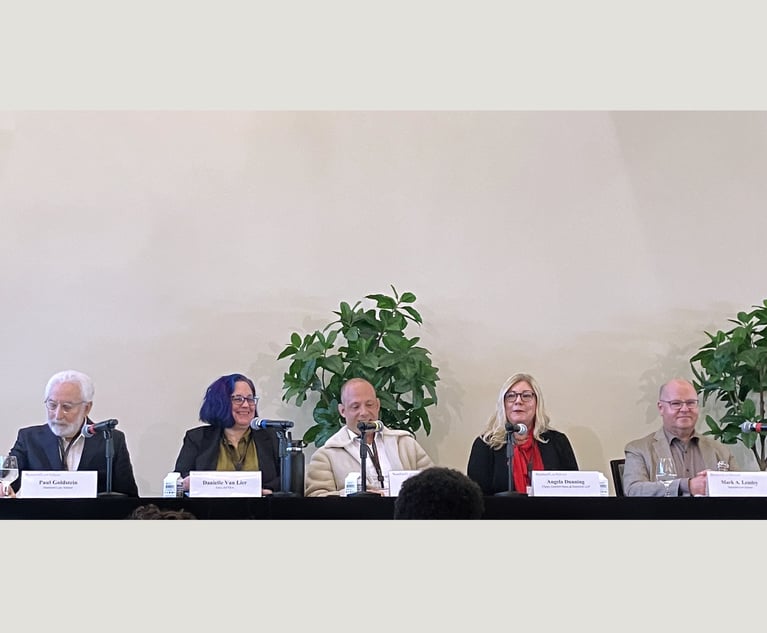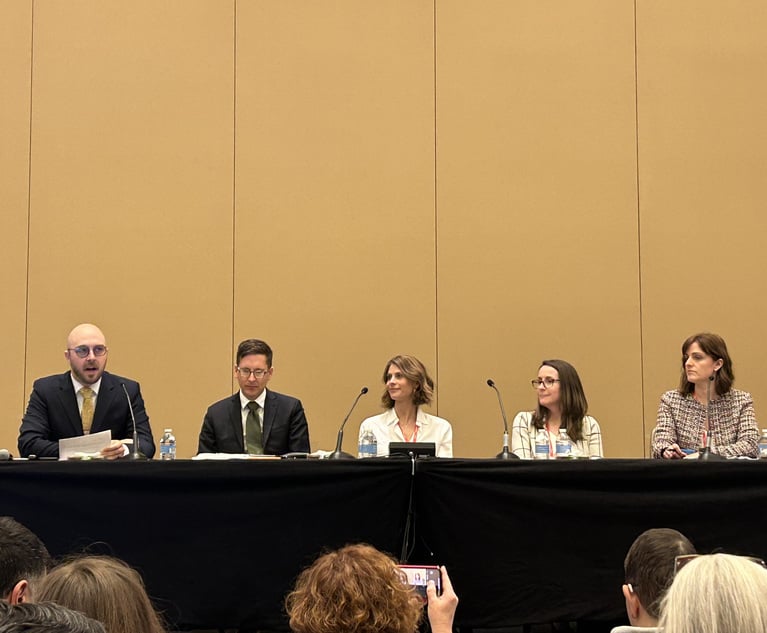A set of anti-robocall principles signed by 51 states attorneys general and 12 cell carriers—including Verizon, T-Mobile USA and AT&T—was released last week as part of a new and ongoing collaboration that, among other things, asks providers to locate the source of suspected illegal robocalls and terminate “the party’s ability to originate, route, or terminate calls on its network.”
But the effort may run into a few challenges given the fact that not all robocalls are created equal. A few, for instance, can be useful, something that anyone who has ever consented to a drug store placing an automated call once a prescription was ready to be picked up, might already know.
➤➤ From banking and tax issues to weed in the workplace, cannabis-related legal work is going mainstream. To find out what it all means for your practice, check out Law.com’s special report on cannabis and the legal industry.








